House Speaker Mike Johnson Pulls Government Funding Bill Vote Amidst Mounting GOP Resistance
As the clock ticks toward October 1, the U.S. government is at risk of shutting down. Speaker Mike Johnson’s attempt to pass a six-month funding bill was abruptly halted due to mounting opposition within his own party.
The bill was pulled from the House floor just hours before the vote, highlighting deep divisions within the Republican Conference.
Tying the SAVE Act to the Funding Bill
Johnson’s strategy involved tying the funding bill to the SAVE Act, a controversial piece of legislation requiring proof of citizenship to vote in federal elections. While Johnson believed this was a critical issue, it sparked pushback from both sides of the aisle.
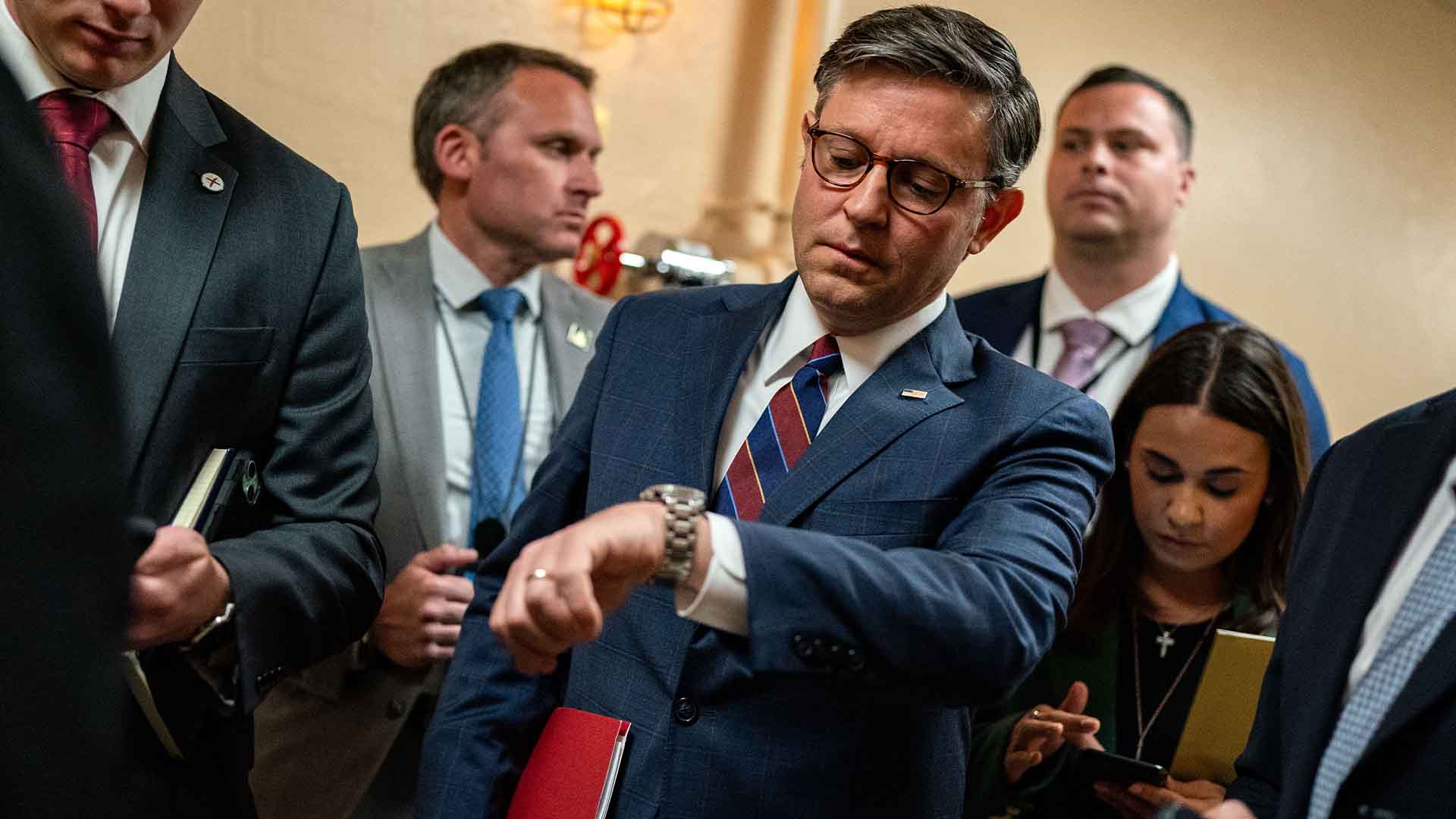
Source: Kent Nishimura/Getty Images
Many Republicans feared the combination would doom the bill’s passage, especially with Democrats strongly opposed to the SAVE Act.
Trump’s Influence on GOP Strategy
Former President Donald Trump played a significant role in shaping Republican opposition. In a Truth Social post, he warned Republicans not to pass the funding bill without assurances on election security.
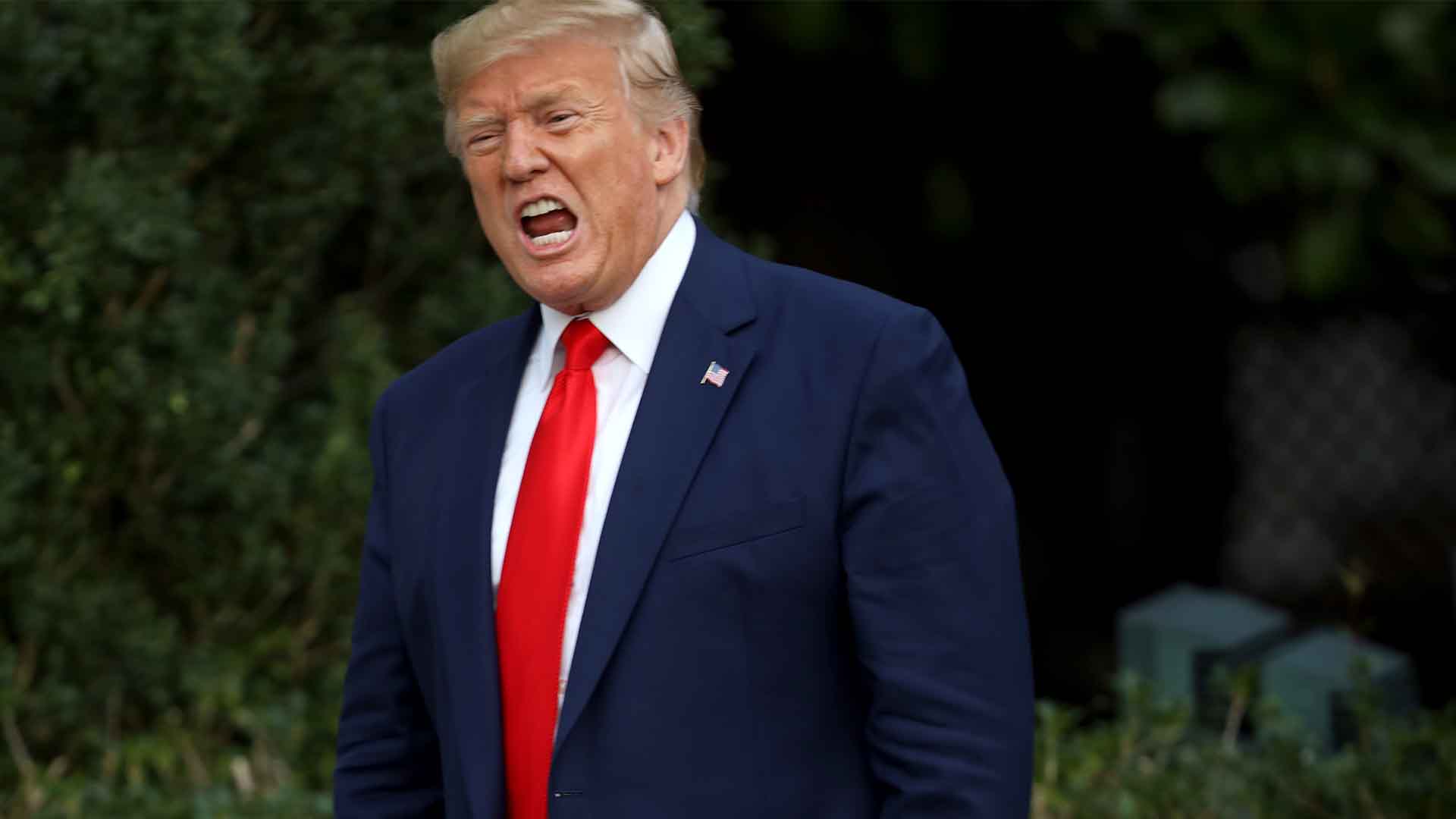
Source: Win McNamee/Getty Images
Trump’s insistence further complicated the situation, making it harder for Johnson to rally support for the measure among his party members.
Growing GOP Defections
Despite Johnson’s efforts, at least eight Republicans publicly stated their opposition to the bill, and leadership expected as many as 15 defectors if the vote went forward.
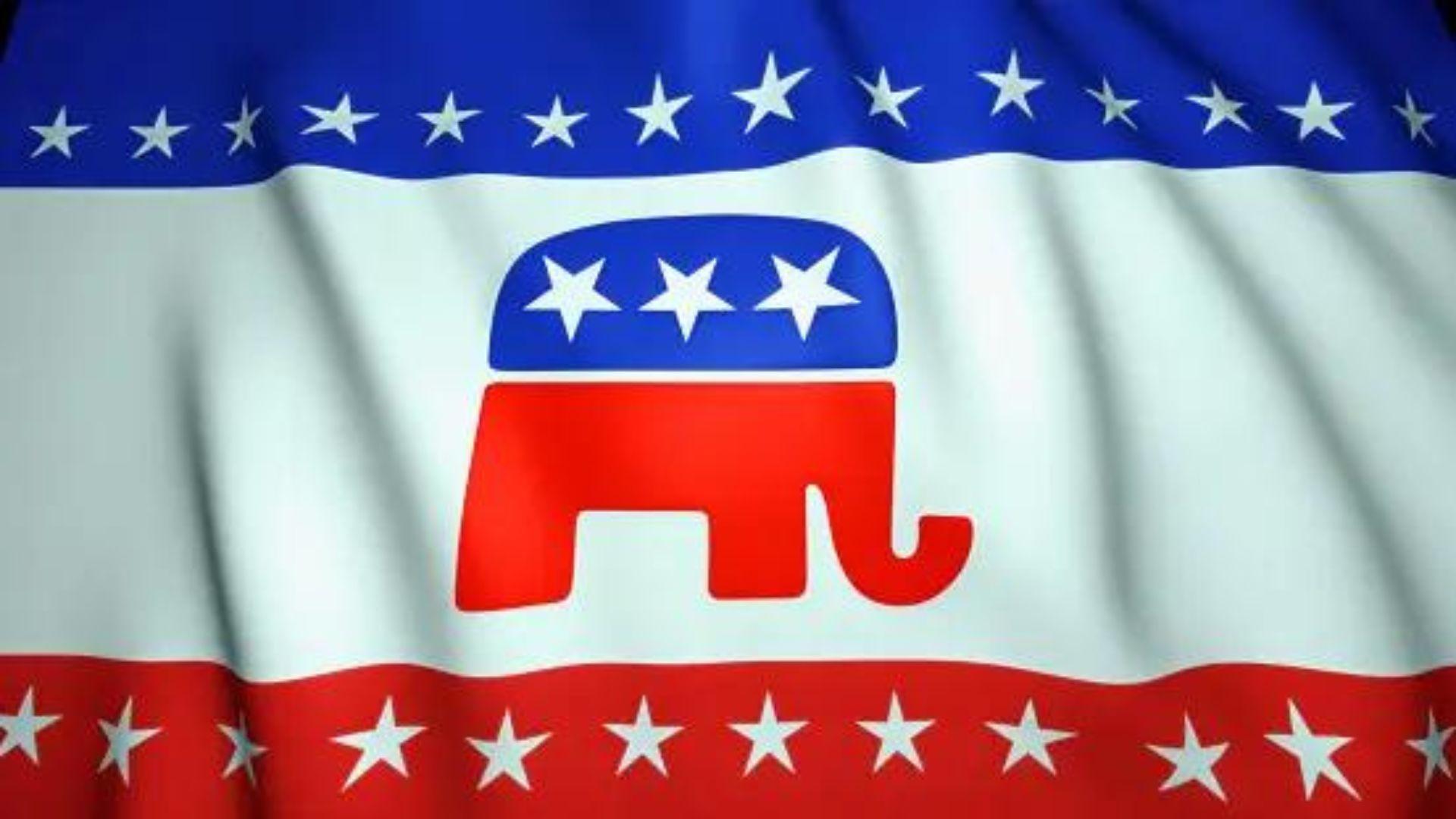
Source: Unsplash
Representatives like Cory Mills of Florida and Tim Burchett of Tennessee expressed concerns about the nation’s fiscal health and the potential impact of the bill on military readiness and defense spending.
Military Readiness at Risk?
Rep. Cory Mills, a military veteran, voiced concerns that freezing Pentagon funding would weaken U.S. defense capabilities.

Source: US Military
He argued that the six-month continuing resolution (CR) would hinder the military’s ability to respond to evolving global threats, especially as adversarial nations like China continue to rise. Mills emphasized that “six months is an eternity in geopolitics.”
Fiscal Responsibility vs. Kicking the Can Down the Road
Several Republicans, including Tim Burchett, expressed frustration with CRs, claiming they are a “terrible” way to legislate.

Source: Bhutina65/Canva Pro
Burchett emphasized that America is “going off a fiscal cliff” and that passing another short-term funding bill only delays the inevitable need for serious budget reforms.
The SAVE Act’s Contentious Path
The SAVE Act, though passed in the House earlier this year, remains a point of contention. While Johnson pushed for its inclusion in the funding bill, critics argued it was unnecessary, as non-citizen voting is already illegal in federal elections.

Source: Freepik
Some Republicans felt that tying this measure to government funding was a strategic misstep, ensuring opposition from Democrats and moderates alike.
Senate and Democratic Response
Senate Majority Leader Chuck Schumer and top Democrats were quick to criticize the House GOP’s funding strategy. Schumer and other lawmakers have been advocating for a “clean” funding bill that extends government operations until after the November elections.
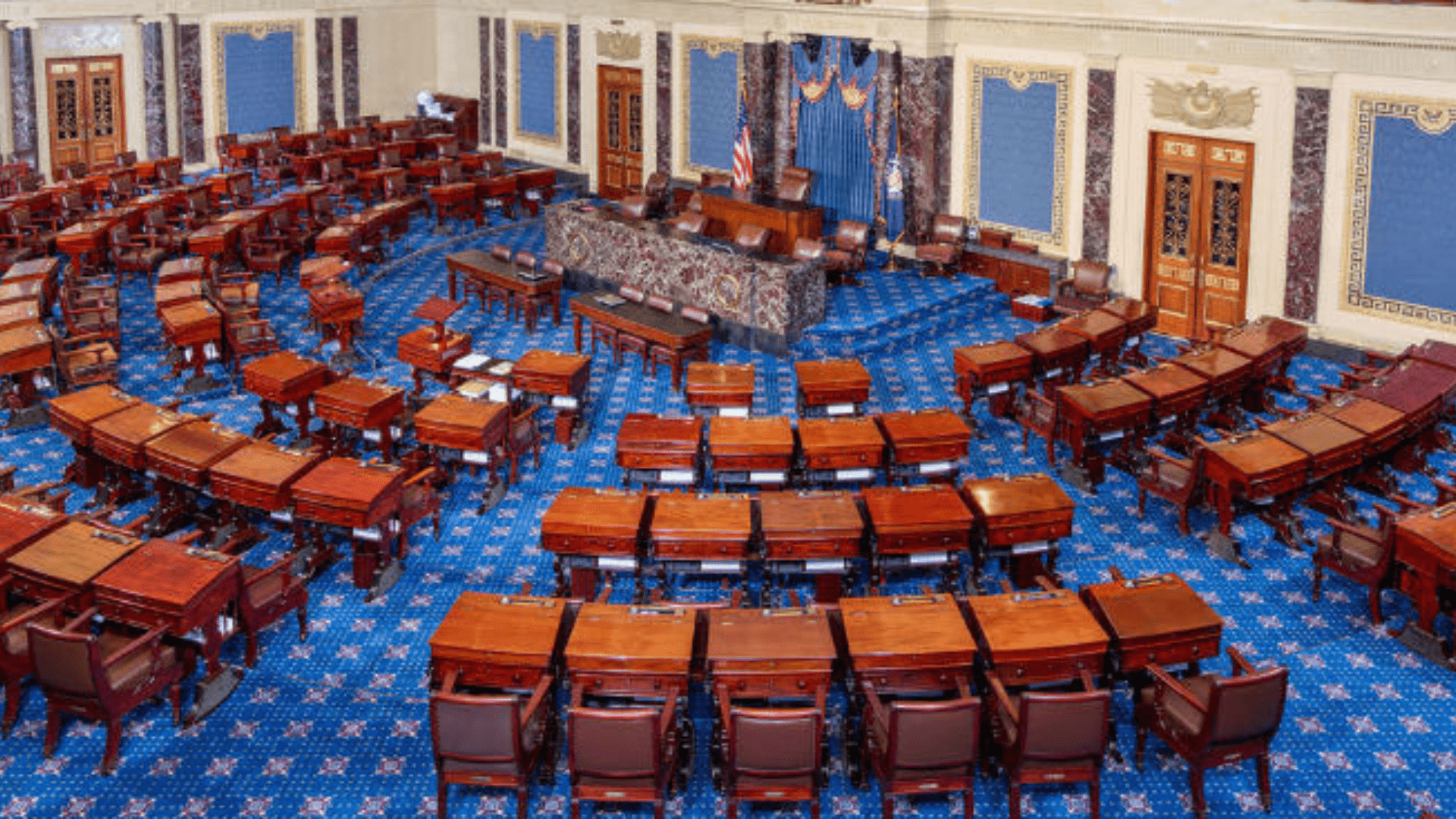
United States Senate/Wikimedia Commons
Connecticut Rep. Rosa DeLauro called on Republicans to come to the negotiating table to avoid a shutdown and keep vital programs running.
Veterans’ Healthcare in Jeopardy
The Department of Veterans Affairs (VA) issued a warning about the potential impact of a six-month CR. Without additional funding, veterans’ healthcare services could face major disruptions, including longer wait times and potential staff reductions.

Source: Quora
The VA stressed that they are already dealing with increased demand after the passage of the PACT Act, and any funding shortfall could harm their ability to serve veterans.
Johnson’s Uphill Battle
With a narrow majority and at least seven Republicans already in opposition, Johnson faces a tough battle. House Republicans can only afford four defections, and with one representative hospitalized and others undecided, the Speaker is racing against time.

Source: @tbooker1
“We’re in the consensus-building business here in Congress,” Johnson remarked, acknowledging the challenge of uniting his party.
The Clock is Ticking
As the government shutdown deadline of 12:01 a.m. on October 1 approaches, both Republicans and Democrats are under pressure to strike a deal.

Source: K/Unsplash
Johnson and his leadership team have vowed to work through the weekend to rally enough support to pass a funding bill. However, with ongoing internal divisions, it’s unclear what the next step will be.
What Happens Next?
The future of government funding remains uncertain. If Johnson cannot secure the votes, he may be forced to abandon the SAVE Act and pursue a clean funding bill, likely with bipartisan support.
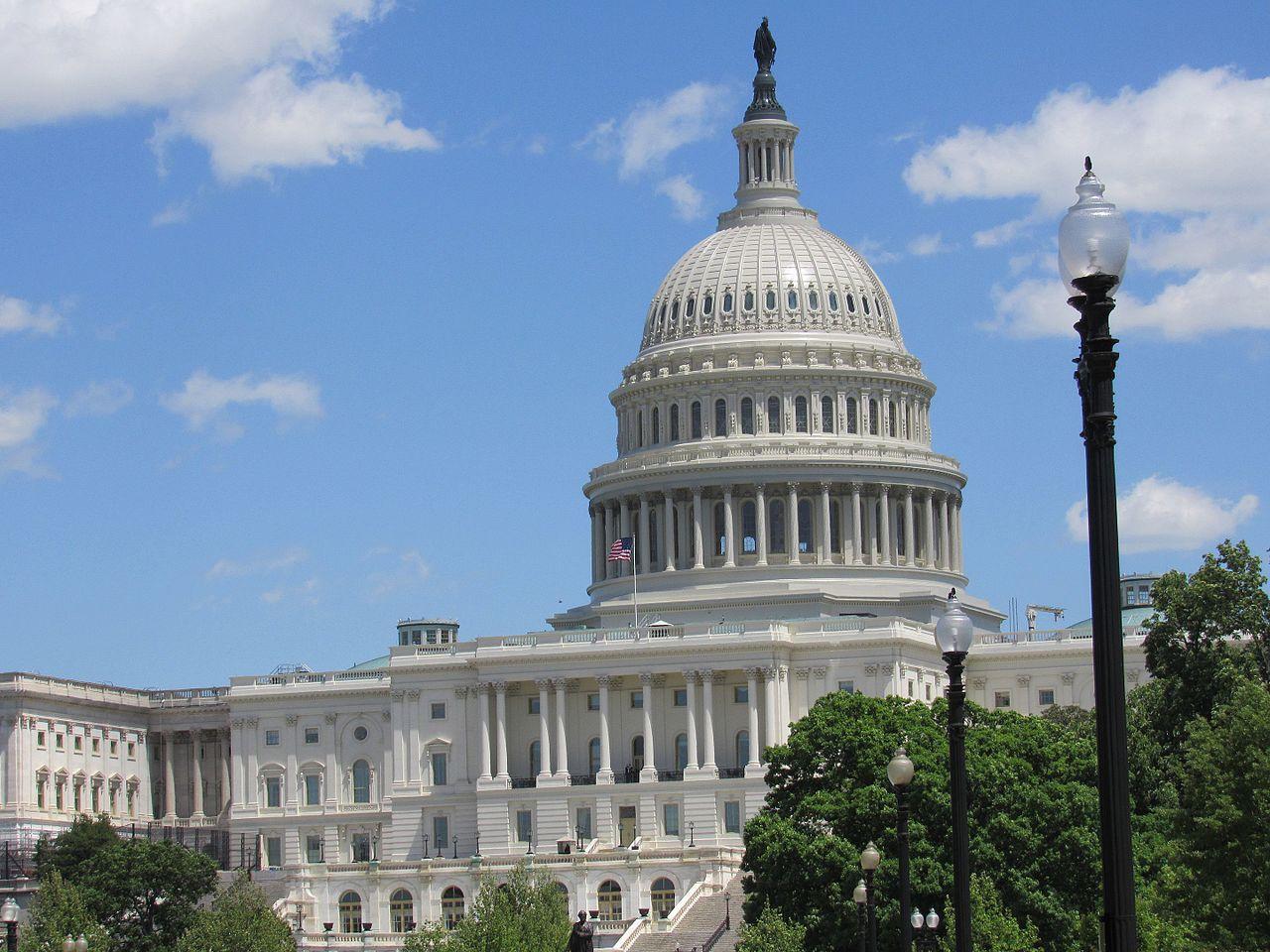
Source: Wikimedia
For now, both parties are scrambling to avoid the political fallout of a government shutdown, and Americans are left waiting to see if a resolution will be reached in time.
